Message from the Vice President of Research
Dear Colleagues,
For more than 170 years, the University of Utah has been a leader in advancing knowledge and solving critical challenges. Our commitment to innovation and discovery drives research that improves lives, powers economic growth, and expands our understanding of the world. From pioneering medical breakthroughs to developing transformative technologies and addressing societal complexities, these achievements are made possible by the creativity and dedication of our researchers, students, and staff.
We are quickly approaching the 80th anniversary of a pivotal moment in our institution’s research history. In 1946, Dr. Maxwell Wintrobe, a world-renowned hematologist, secured the National Institutes of Health’s first research grant ever awarded—a $100,000 annual grant that was subsequently renewed for 23 years. This landmark grant, which focused on studying muscular dystrophy and other hereditary and metabolic disorders, was also the first extramural research grant at the University of Utah. Dr. Wintrobe’s leadership and dedication to worldclass care, research, and education set a foundation for excellence and innovation that continues to guide our institution today.
The university’s strength lies in its collaborative spirit and the diversity of expertise that spans disciplines, programs, and colleges. This collective effort allows us to pursue bold ideas and translate them into solutions that have meaningful and lasting impact. As we continue to build on this foundation, we are committed to fostering a research environment that prioritizes excellence, interdisciplinary collaboration, and opportunity.
At the Office of the Vice President for Research, our mission is to support and amplify your work, providing the resources, partnerships, and pathways needed to achieve transformative discoveries. Together, we are shaping the future of research and creating a legacy of impact for generations to come.
Thank you for your dedication to excellence and for being an essential part of the “U.”
Sincerely,
Erin Rothwell, PhD
